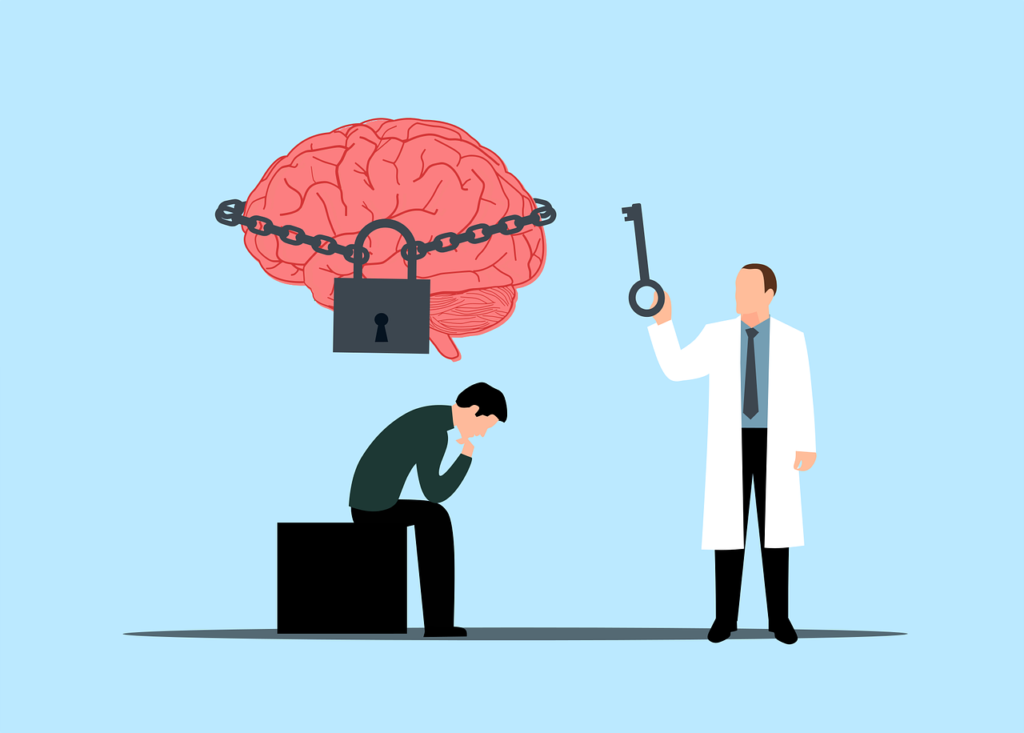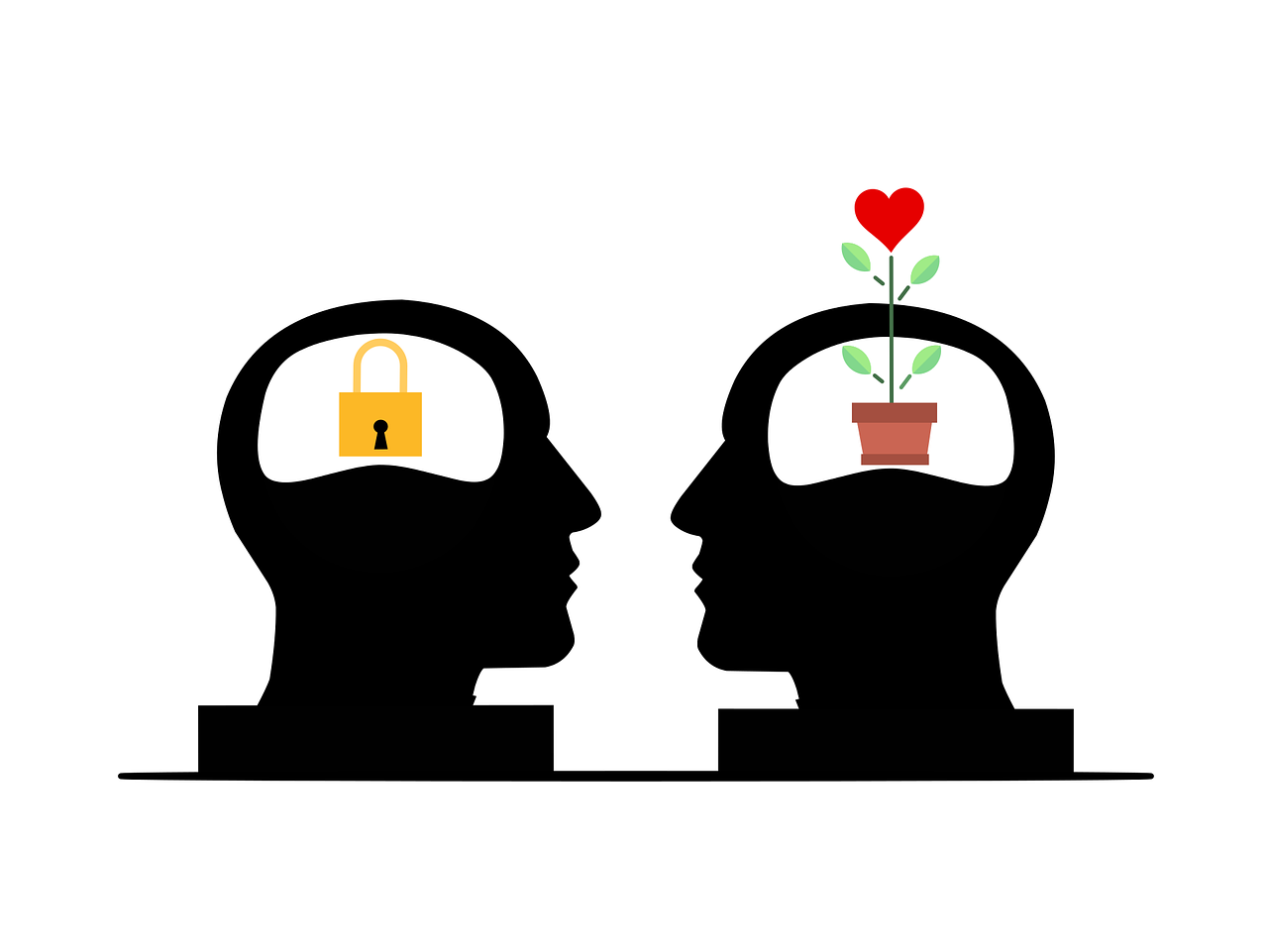In our journey of personal development, emotional intelligence plays a pivotal role. Being able to navigate our own emotions and understand the feelings of others is crucial. Two key components of emotional intelligence are empathy and sympathy. Though they are often used interchangeably, they have distinct meanings and implications. As we dive into these concepts, you’ll see how understanding the difference between empathy and sympathy is crucial for building strong relationships and achieving personal growth.
Differences Between Empathy and Sympathy

What is Sympathy?
Sympathy involves feeling pity or sorrow for someone else’s misfortune. It is about acknowledging another person’s hardship and showing care. Sympathy is often expressed through supportive words or gestures. For instance,
Sympathetic responses can provide comfort and show that you care about the other person’s well-being. They often come from a place of kindness and concern, but they don’t necessarily involve deeply understanding or sharing the other person’s emotions.
“Sympathy is easy to express. It costs nothing and doesn’t demand change.”
Joyce Rachelle

What is Empathy?
Empathy goes a step further than sympathy. It involves putting yourself in someone else’s shoes and experiencing their emotions. Empathy is about understanding and sharing the feelings of another person.
Empathetic responses require a deeper level of emotional engagement. They involve active listening and genuine attempts to understand the other person’s perspective and emotions. This deeper connection can cultivate stronger relationships and provide more meaningful support.
Compare and Contrast: Sympathy vs. Empathy
Sympathy is feeling compassion or concern for another’s situation, while empathy is experiencing and understanding their emotions as if they were your own. Sympathy is often seen as a more shallow, although kind, response, whereas empathy requires a more profound emotional connection.
Think of sympathy as seeing someone in a hole and feeling sorry for them, while empathy is climbing down into the hole to sit with them and understand their experience.
Example: Colleague’s Job Loss
Sympathetic Response: “I’m sorry you lost your job, Alex. That must be really tough. Let me know if there’s anything I can do to help.”
Empathetic Response: “Alex, losing a job is incredibly stressful. When I faced a similar situation, I was worried about the future. How are you coping with everything?”
The Importance of Empathy and Sympathy in Everyday Life
In Personal Relationships
Both empathy and sympathy play crucial roles in personal relationships. Sympathy can provide immediate comfort and show your loved ones that you care. Empathy, however, can deepen your connections by cultivating a greater understanding and shared emotional experience.
Imagine your partner had a bad day at work. A sympathetic response might be, “That’s awful, I’m sorry.” An empathetic response could be, “That sounds really frustrating. I had a similar experience once and it really got to me. Do you want to talk about it?”
In the Workplace
In professional settings, empathy and sympathy can enhance teamwork and collaboration. Sympathetic leaders might acknowledge their team’s challenges and offer support, while empathetic leaders will go further to understand their team’s perspectives and experiences, leading to better communication and stronger, more united teams.
“Leadership is not about being in charge. It is about taking care of those in your charge.”
Simon Sinek
In a Social Context
In broader social interactions, practicing empathy and sympathy can create a more inclusive and supportive community. Sympathy helps you to express concern for societal issues, while empathy encourages you to understand and advocate for those directly affected by those issues.
A study in the Journal of Psychiatric Research found that practicing empathy can reduce symptoms of anxiety and depression in both the provider and the recipient, suggesting a mutual benefit to empathetic interactions.
The Power of Empathy in Personal Development
How Empathy Can Improve Relationships and Communication
Empathy allows you to connect with others on a deeper level, improving your relationships and communication. By understanding and sharing the emotions of others, you can respond more effectively and thoughtfully. This can lead to more meaningful conversations and stronger, more resilient relationships.
A study by the Pew Research Center found that 60% of Americans believe that people are less empathetic in their online interactions than they are face-to-face. This points to the challenges of maintaining empathy in the digital age.
How Empathy Can Increase Emotional Intelligence and Self-Awareness
Developing empathy also enhances your emotional intelligence and self-awareness. By regularly putting yourself in others’ shoes, you become more attuned to your own emotions and reactions. This heightened self-awareness can help you manage your emotions better and respond more adaptively to various situations.
How Empathy Can Lead to Deeper Connections and a Sense of Community
Empathy fosters a sense of community and belonging. When you understand and share the feelings of those around you, you create bonds that transcend superficial interactions. This sense of connection can lead to a more supportive and harmonious community.
How to Develop Empathy

Practical Tips for Cultivating Empathy
- Active Listening: Truly listen to what others are saying without interrupting or planning your response. Focus on understanding their emotions and perspectives.
- Perspective-Taking Exercises: Practice imagining yourself in someone else’s situation. How would you feel? What challenges might you face?
- Practicing Mindfulness and Self-Reflection: Regular mindfulness practices can increase your awareness of your own emotions and help you become more attuned to the emotions of others.
- Engaging in Volunteer Work or Helping Others: Putting yourself in situations where you help those in need can deepen your understanding and empathy for others’ experiences.
Strategies for Overcoming Common Barriers to Empathy
- Biases and Stereotypes: Acknowledge and challenge your own biases and stereotypes. Strive to see people as individuals rather than as representatives of a group.
- Fear of Emotional Vulnerability: It can be challenging to open yourself up to others’ emotions. Practice self-compassion and remind yourself that it’s okay to feel vulnerable.
- Difficulty in Understanding Others’ Perspectives: If you’re struggling to empathize, ask questions and seek to learn more about the other person’s experiences and feelings.
How to Learn Sympathy

Building Positive Relationships
Developing sympathy involves building positive relationships where you genuinely care about others. Show interest in their lives and express your concern and support in times of need.
Practicing Gratitude
Regularly practicing gratitude can enhance your ability to feel and express sympathy. When you appreciate what you have, you’re more likely to feel compassionate towards those who are struggling.
Developing Social Skills
Improving your social skills can help you express sympathy more effectively. Learn how to offer words of comfort and support that are sincere and meaningful.
Benefits of Developing Empathy and Sympathy

Better Understanding Yourself and Others
Developing empathy and sympathy can lead to a deeper understanding of yourself and others. You’ll become more attuned to your own emotions and more capable of understanding and responding to the emotions of those around you.
Increasing Life Satisfaction
Empathy and sympathy can enhance your overall life satisfaction. Strong, meaningful relationships and a sense of connection to others can provide a profound sense of fulfillment.
Improving Mental Health
Practicing empathy and sympathy can also improve your mental health. These skills can help reduce feelings of loneliness and isolation, and increase your sense of purpose and belonging.
Conclusion
Understanding and cultivating empathy and sympathy are essential steps in personal development. These emotional skills can enhance relationships, improve communication, and lead to a more fulfilling and meaningful life. As you practice empathy and sympathy in your daily interactions, you’ll grow in emotional intelligence and build stronger connections with those around you.
Remember, it’s not just about feeling for others—it’s about feeling with them. So, go ahead, climb down into the hole with someone, and truly understand their experience. Your life, and theirs, will be richer for it.
Practical Exercises for those who made it to the end
Role-Playing Exercises
Role-playing can be a powerful tool for developing empathy and sympathy. By acting out different scenarios, you can practice putting yourself in others’ shoes and responding with understanding and compassion.
Journal of Feelings
Keeping a journal of your feelings can help you become more aware of your own emotions, which is a crucial step in developing empathy. Reflect on your interactions with others and consider how you could respond more empathetically in the future.
Joint Projects and Cooperation
Working on joint projects or engaging in cooperative activities can foster empathy and sympathy. These experiences can help you understand others’ perspectives and appreciate their contributions.
That’s all for today. Thank you for reading all the way through, and we hope to see you soon!

Leave a Reply